State of the Art in Mathematics and Phenomenology Workshop
This workshop convenes leading scholars at the intersection of mathematics and phenomenology to facilitate a synthesis of current research across both Mathematical Phenomenology and the Phenomenology of Mathematics.
As the opening event of BAMΞ’s Mathematical Phenomenology Sprint, the workshop aims to showcase contemporary developments, pioneering contributions, and key milestones that define the current state of the field, while also developing its conceptual foundations, methods, and principal achievements.
Drawing on the presentations and shared insights, the workshop facilitates focused discussion sessions that address open questions, future directions, and potential applications of Mathematical Phenomenology within the broader landscape of consciousness science.
Date & Time
Date: November 12 – November 13, 2025
Time: 9:30 – 21:00 CET
Location: BAMΞ, University of Bamberg, Bamberg & Online, Zoom
This workshop is part of BAMΞ's Mathematical Phenomenology Sprint.
Invited Speakers
We are currently in the process of scheduling talks, please find a preliminary list of confirmed invited speakers below.
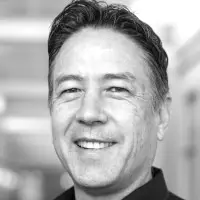
Jeffrey Yoshimi
Prof. Dr.
Philosophy and Cognitive Science, University of California, Merced
Mathematical Phenomenology: What it Is, How to Do It, and Where Things Stand
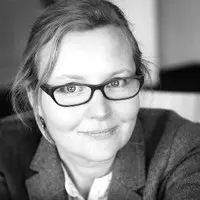
Mirja Hartimo
Prof. Dr.
Department of Philosophy, History and Art Studies, University of Helsinki
Husserlian Philosophy of Mathematics
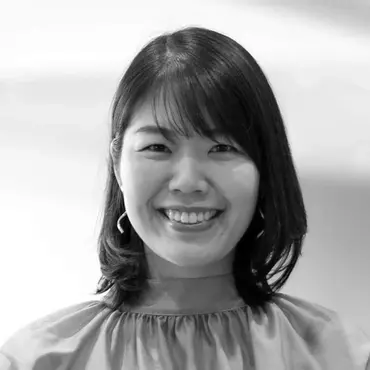
Yuko Ishihara
Prof. Dr.
College of Global Liberal Arts, Ritsumeikan University in Osaka
Beyond Infinite Reflection: Nishida’s Mathematical Models of Self-Consciousness
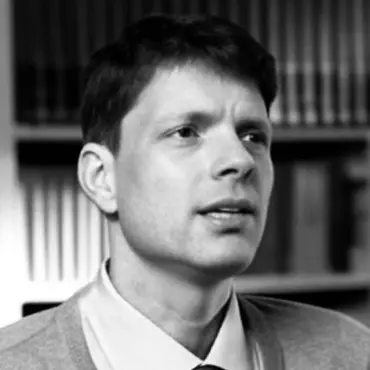
Robert Prentner
Prof. Dr. Dr.
Institute of Humanities, ShanghaiTech University
Mathematized Phenomenology as Transcendental Interface to the World
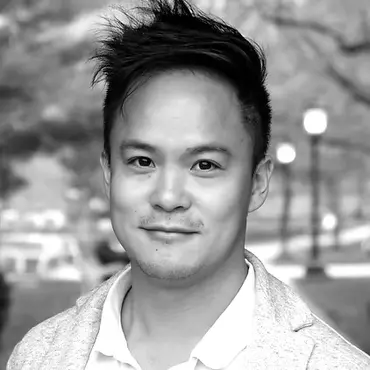
Andrew Y. Lee
Prof. Dr.
Department of Philosophy, University of Toronto
The Future of Consciousness
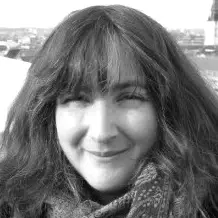
Mary Leng
Prof. Dr.
Department of Philosophy, University of York
Objectivity without Objects: Lessons from the Phenomenology of Imaginative Engagement
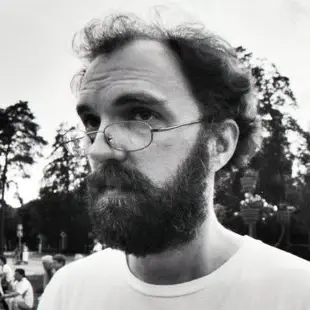
Ken Williford
Prof. Dr.
Department of Philosophy & Humanities, The University of Texas at Arlington
Mathematical Phenomenology: Prospects & Challenges
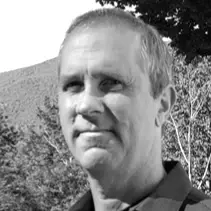
Mark Ettinger
Dr.
Independent
“Mathematical Phenomenology” and “Computational Phenomenology”: A Study In Contrasts
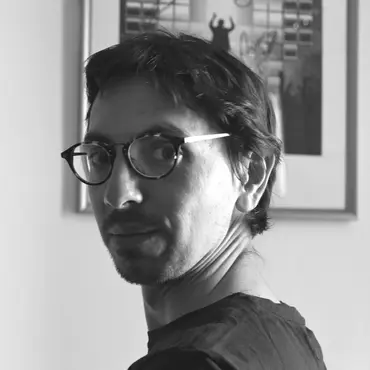
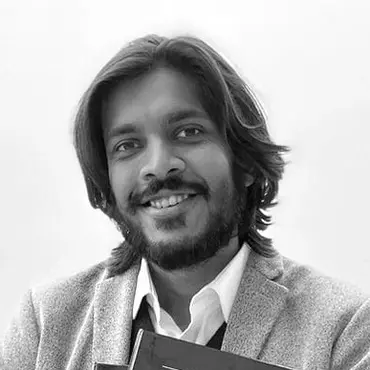
Ishan Singhal
Dr.
Sussex Centre for Consciousness Science, University of Sussex
Time as an Essential Property of Experience
Registration
If you would like to participate in this workshop, please apply via the form linked below. Please note that in order to facilitate good discussion sessions, spaces are limited. We are looking forward to welcoming you!
Schedule
We are happy to share the workshop schedule below. Zoom access details have been sent to all workshop participants via email. To convert any listed time to your local time zone, please click on the globe symbol 🌍 next to the individual talks. We look forward to seeing you!
Wednesday, 12 November
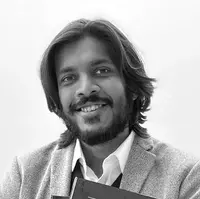
10:30 – 11:30 CET 🌍
Time as an Essential Property of Experience
Ishan Singhal
- Time is the only property of experience which is ubiquitous across modalities and contents of experience. Its study offers a basis for grounding mental representations, understanding phenomenological universals, and linking disparate fields of inquiry of experience. This talk will first cover the distinct temporal properties which pervade across our experiences. Specifically, the hierarchical, nested, and mirrored nature of time in our experience. I will then present empirical evidence in support of these phenomenal regularities. A case will be made for temporal partitioning of experiences into moments or ‘psychological nows’. These “nows” offer a scaffolding over which we can gauge seemingly private and inaccessible experiences. I will discuss mental imagery as an example of this. In the final part of this talk, I will extend the idea of temporal regularities beyond the case of human experience. I will speculate on a possible comparative investigation of “nows” across species.
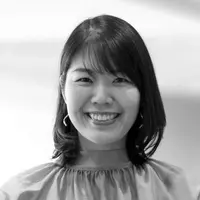
12:30 – 13:30 CET 🌍
Beyond Infinite Reflection: Nishida’s Mathematical Models of Self-Consciousness
Yuko Ishihara
- This talk examines Kyoto School philosopher Nishida Kitarō’s evolving mathematical models of self-consciousness. Drawing on Dedekind’s notion of the infinite set and Royce’s idea of self-representative systems, Nishida initially conceived jikaku (self-consciousness) as an infinite mirroring process—“the self mirroring itself within itself.” Yet this model proved insufficient on two fronts: it could not capture the very activity of the mirroring self, and it remained a closed structure unable to account for the inherently open, self-transcending nature of consciousness. Nishida therefore turned to group theory—specifically, to transformation groups—to articulate a dynamic and relational understanding of self-consciousness. We will see how this turn sheds light on Nishida’s shift from “seeing the world from [the perspective of] the self” to “seeing the world from [the perspective of] the world.”
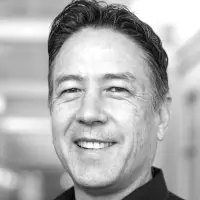
19:00–20:00 CET 🌍
Mathematical Phenomenology: What it Is, How to Do It, and Where Things Stand
Jeffrey Yoshimi
- I give a high-level overview of these three questions about mathematical phenomenology, from my standpoint as a Husserlian phenomenologist interested in formalizing phenomenological claims using mathematical theories,, and in using these formalizations to facilitate naturalistic accounts of the neural realization of phenomenological processes. Several cases are elaborated, including work I've done in the past on constitutive phenomenology in relation to dynamical systems theory and Bayesian learning, and ongoing (and unpublished work) on eidetic laws as analogous to software requirements.
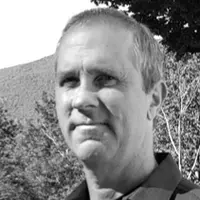
20:00 – 21:00 CET 🌍
“Mathematical Phenomenology” and “Computational Phenomenology”: A Study In Contrasts
Mark Ettinger
- We begin by reviewing the fundamentals of active inference, a recent approach to neuroscience and artificial intelligence. We then investigate the terminology of "computational phenomenology", as introduced by the active inference community, which designates the application of graphical models to first-person experience. We argue that computational phenomenology is, strictly speaking, a predictive scientific endeavor more so than phenomenology proper. We then provide a working definition of "mathematical phenomenology" as the use of mathematics as a purely descriptive tool for phenomenological structures and contrast this with computational phenomenology. We conclude by providing examples of mathematical phenomenology and propose possible future investigations.
Thursday, 13 November
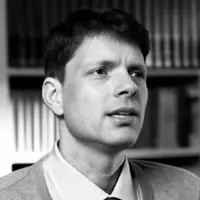
09:30 – 10:30 CET 🌍
Mathematized Phenomenology as Transcendental Interface to the World
Robert Prentner
- This talk proposes a working definition of mathematical phenomenology and situates it within the broader context of consciousness research. A core focus of this talk pertains to the distinction between descriptive and transcendental phenomenological approaches. The former primarily characterize the contents and structures of experience, whereas the latter map the space of possible experiences given generative constraints. Crucially, this distinction cuts across methodological choices such as mathematical formalism, computational modeling, experimental investigation, or philosophical analysis; no single method is inherently confined to either approach.
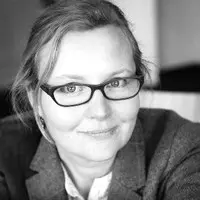
12:30 – 13:30 CET 🌍
Husserlian Philosophy of Mathematics
Mirja Hartimo
- This talk focuses on Husserl's view on pure mathematics as developed in Formal and Transcendental Logic (1929). It focuses first on what Husserl says about formal mathematics and then it aims to give an overview of what phenomenology of mathematics could be in the contemporary context of philosophy of mathematics.
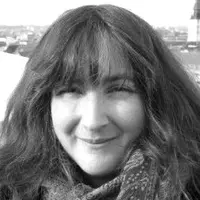
13:30 – 14:30 CET 🌍
Objectivity without Objects: Lessons from the Phenomenology of Imaginative Engagement
Mary Leng
- I defend a fictionalist approach to mathematics, according to which mathematical objects such as numbers or sets are on a par with fictional characters. In particular, just as there is and never has been really no such thing as Sherlock Holmes (although the Holmes stories invite us to speak as if there were such a person), I argue that there are no such thing as numbers, even though our theory of arithmetic invites us to speak as if there are such things. Truths such as that 2 + 2 = 4 are true only ‘in the story’ of standard arithmetic, in the same way that ‘Holmes is a consulting detective’ is true in the Holmes stories.
A challenge to this picture is the felt objectivity, not just in working out what is true-in-the-story of standard mathematics, but in our choice of stories themselves. From a fictionalist perspective, we might think that any consistent mathematical theory is, metaphysically speaking, as good as any other, and that decisions to develop one theory over any other are a purely practical matter. However, this seems to downplay the felt objectivity of some axiom choices over others. But if there is genuine objectivity at the level of axiom choice, does this undermine the fictionalist picture of mathematical objects as creatures of fiction?
I will suggest that the analogy with literary fiction can be helpful here to explain the felt pull of some axioms choices over others. In particular, the phenomenon of so-called ‘verisimilitude’ or believability/lifelikeness in fiction, and the related phenomenon of imaginative resistance, can help explain why some axiom choices can strike us as better than others even if it is not the case that they are, metaphysically speaking, closer to the truth.
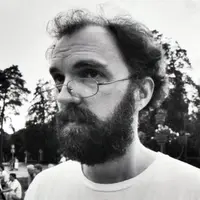
19:00 – 20:00 CET 🌍
Mathematical Phenomenology: Prospects & Challenges
Ken Williford
- What features of consciousness are the most salient phenomenologically? Are these features amenable to non-trivial mathematical description? I discuss some of the challenges facing the effort to mathematically characterize four phenomenologically important (and arguably essential) features of consciousness: intentionality, synchronic unity, diachronic unity (or time-consciousness) and subjectivity (incl. pre-reflective self-consciousness and point-of-view). I close with some reflections on the very idea of finding a unique and essential mathematical characterization of consciousness.
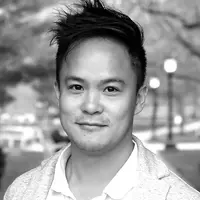
20:00 – 21:00 🌍
The Future of Consciousness
Andrew Y. Lee
- What might state-of-the-art consciousness research look like a century from now? On one optimistic vision of the future, the study of consciousness will have progressed from an emerging field into a mature science, with sophisticated models that enable us to map the spaces and structures of a wide range of conscious experiences. Whether such a vision will come to fruition is a matter of speculation. But we might still wonder what questions we could ask today to move us closer to that vision of tomorrow. This essay explains how contemporary consciousness research is dominated by what I call “the big question:” the question of what consciousness is. While the big question is important, I argue that the most promising way forward is for consciousness research to follow a similar path to other scientific fields, where an early focus on “essence questions” (‘What is X?’) is replaced by a later focus on “structural questions” (‘How do we model X?’). I discuss the prospects for investigating the structure of consciousness, present the idea of a “Common Model of Consciousness,” and argue that to investigate such questions is to pursue an “objective phenomenology.”
Organizing Institutions
Bamberg Mathematical Consciousness Science Initiative (BAMΞ)
Institute of Humanities, ShanghaiTech University
Department of Communication, University of Copenhagen
Contact
In case of questions, please reach out.
Updates
Updates about this workshop and similar activities are available via:
- Our mailing list, register here.
- Our Google calendar, available here.